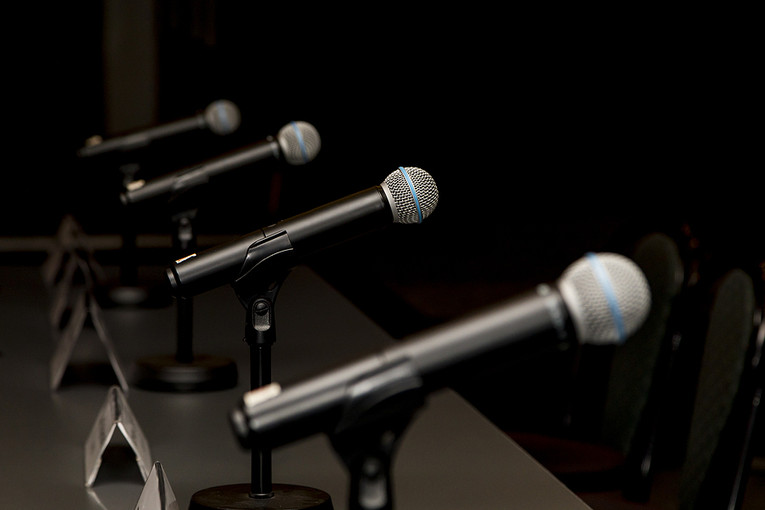 The way in which sports stars conduct their press could be about to change if Naomi Osaka’s stance at the French Open sets a precedent.
The way in which sports stars conduct their press could be about to change if Naomi Osaka’s stance at the French Open sets a precedent.
The Japanese star took to her Instagram account to confirm that she would not participate in any pre or post-match interviews while competing at Roland Garros in June.
In a lengthy post, the world number two revealed that her mental health was her priority, and that she didn’t wish to engage with any situations that could potentially impact upon her wellbeing.
“I’ve often felt that people have no regard for athletes’ mental health, and this rings very true whenever I see a press conference or partake in one,” Osaka wrote.
“We’re often sat there and asked questions that we’ve been asked multiple times before, or asked questions that bring doubt into our minds and I’m just not going to subject myself to people that doubt me.”
It could be an expensive decision from the four-time major champion, with the WTA handing out fines of $20,000 – roughly £14,000 – for every press conference that a player skips at a Grand Slam event without good reason.
However, Osaka was adamant that the financial aspect would not influence her decision.
“If the organisations think that they can just keep saying ‘do press or you’re gonna be fined’, and continue to ignore the mental health of the athletes that are at the centerpiece of their [brand], then I just gotta laugh,” the 23-year-old wrote.
The clay court event kicks off in Paris on Sunday, and Osaka – who has never gone beyond the third round – is a 16/1 chance with the bookmakers.
Will Leading Sporting Brands Bow Down to Their Stars?

Occasionally in sport, an athlete will forego a press conference – typically when they have been aggrieved by the result of an event, or are perhaps embarrassed by their actions during it.
But it’s pretty much unheard of for a star to pre-meditate that they won’t be talking to the media, and so you can understand why the Women’s Tennis Association (WTA) are in something of a bind right now.
“Mental health is of the utmost importance to the WTA and for that matter, every individual person,” they retorted in a press statement.
“We have a team of professionals and a support system in place that look after our athletes’ mental and emotional health and well-being.
“The WTA welcomes a dialogue with Naomi (and all players) to discuss possible approaches that can help support an athlete as they manage any concerns related to mental health.”
However, the WTA stressed that their players had an obligation to fulfil their media duties.
“Professional athletes have a responsibility to their sport and their fans to speak to the media surrounding their competition, allowing them the opportunity to share their perspective and tell their story.”
Osaka has received plenty of praise from her fellow tennis stars and from the wider sporting community, although it could get a little frosty if she meets world number one Ashleigh Barty at Roland Garros.
The Australian was defiant that her fellow should engage with the press as and when required.
“We know what we sign up for as professional tennis players,” Barty said.
“I can’t really comment on what Naomi is feeling or her decisions she makes.
“At times press conference are hard, of course, but it’s also not something that bothers me. Certainly doesn’t keep me up at night what I say and hear or what you guys ask me.”
